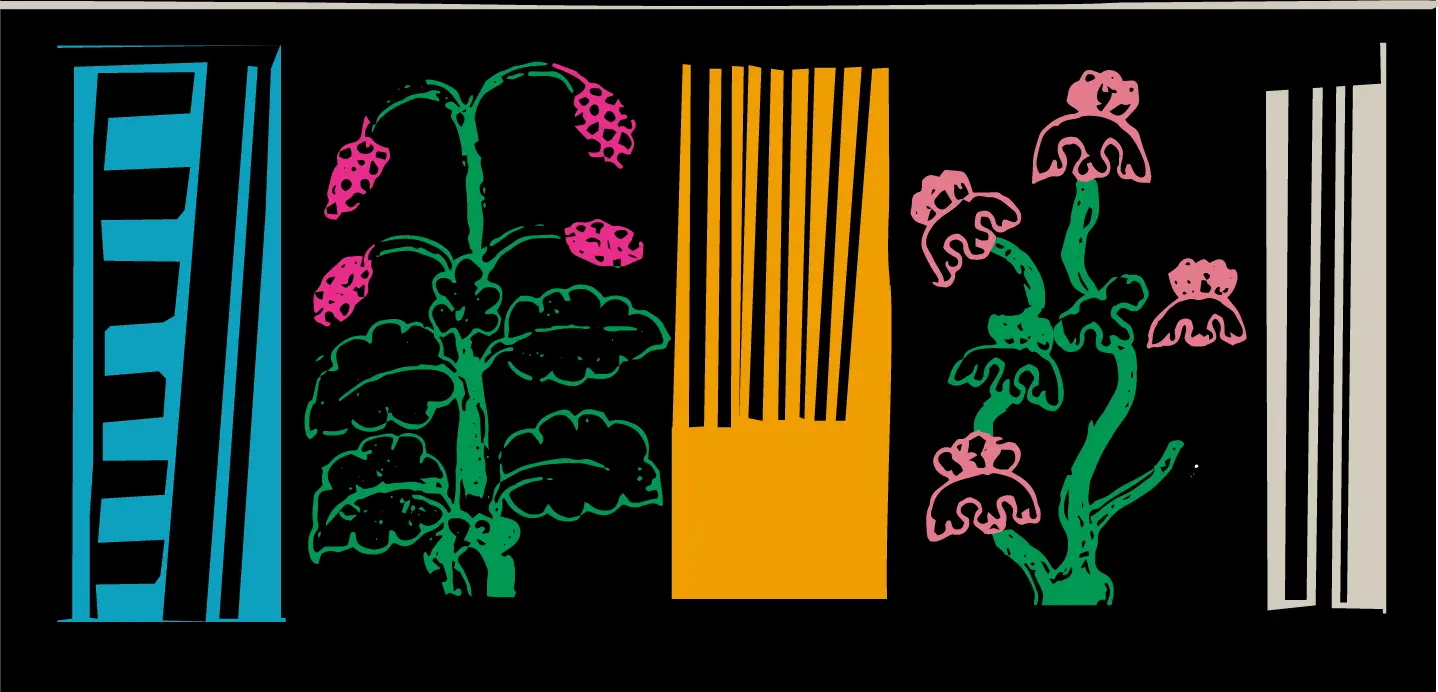Lavinia Currier is a film director, screen writer, producer and environmentalist with a diverse interest in the interplay of the arts and ecology. She studied poetry at Harvard University with Professor Robert Fitzgerald, the renowned translator of Greek classics, and then acting with Sanford Meisner at the Neighborhood Playhouse in New York. While absorbing Meisner’s groundbreaking approach of “living truthfully under imaginary circumstances,” Currier served as production assistant to director James Ivory for his film Jane Austen in Manhattan. This assignment led to Ivory, and his partners Ismail Merchant and Ruth Prawer Jhabvala becoming mentors both for their art and their remarkable working relationships.
Her first formal directing was staging liturgical and passion plays at New York’s Cathedral of Saint John the Divine in collaboration with John–Michael Tebelak, the award-winning writer of the musical Godspell. Then in Paris, Currier directed and acted in American plays in English at a theatre that her Harvard classmate founded in a building inherited from her great aunt Isadora Duncan.
Currier wrote, directed and filmed her first feature Heart of the Garden at her family farm in Virginia. The production, shot by cinematographer Edward Lachman, included a sound track featuring her Harvard classmate cellist Yo Yo Ma, playing Bach underneath a tree. This professional debut won a 1985 Gold Eagle Cine award in the entertainment category.
Her first full-length feature, Passion in the Desert (1997), was inspired by Honore de Balzac’s novella about a French army officer in Napoleon’s 1798 invasion of Egypt, played by award-winning actor Ben Daniels. Lost and alone in the Saharan desert after Muslim warriors attack, the soldier finds himself in a mysterious relationship with a female leopard that has saved his life. Currier developed her now signature style of evoking vivid atmospheres and bringing the landscape alive in equal importance with the human characters. Following years of scouting and preparation, she filmed the actors in Jordan, and shot the dangerous and often unhappy leopards in Moab, Utah the following summer. A defining point in gaining confidence as a director came when the leopard cubs, that a trainer purchased and raised for the role, refused to cooperate. Her intuitive problem-solving that managed to complete the film also taught her a more flowing and receptive approach. The feature received special recognition for excellence in film-making from the National Board of Review and was widely acclaimed in Europe and the United States. Subsequently, she wrote and directed “Beautiful Swimmer,” a fable about the Chesapeake Bay.
In 2004, Currier moved with her family to Italy to work with Tonino Guerra, the legendary Italian screenwriter who collaborated with many of the world’s leading film directors, including Fellini, Michelangelo Antonioni and Andrei Tarkovsky. They together produced a screen play, The Butterfly Seller, based on true experiences of Abkhazia refugees camped in an abandoned luxury hotel in the Democratic Republic of Georgia. The plot centers on a young girl surviving life in a crumbling building packed with families, drug dealers and Mafia. As Currier scouted locations with Russian cinematographer Aleksei Rodionov during the aftermath of Georgia’s “Rose Revolution,” the government’s abrupt ban on foreign cameras halted the project.
Currier turned instead to a story inspired by renowned ethnomusicologist Louis Sarno and the Bayaka pygmies whom she had encountered on her first trip to the Central Africa Republic (CAR) as a World Wildlife Fund board member. She retrieved Sarno’s unpublished memoir from his mother’s New Jersey home and together they created the film script for Oka! Amerikee, an evocative fable set in the tropical forests of the Congo River basin. Spurred by memories of her Georgia shutdown, Currier defied last-minute political and civil conflicts that made few actors willing to film in the remote Dzanga Sangha forest reserve in southwestern CAR. In 2009, her cast and crew survived two months in a jungle tent camp during rainy season besieged by poisonous snakes, insects, illness, muddy roads and unhappy government officials who three times closed down production of only the second film ever shot in the CAR. The film’s captivating wildlife images include a scene Currier directed with wild elephants and actors in a natural forest clearing with support from the prominent elephant researcher Andrea Tarkalo.
In both her full-length features, Currier explores a central male figure confronting the powers of nature outside the moorings of his own culture. Her Oka! character Larry Whitman, inspired by Sarno, is a tall man in a world made for short people carrying recording equipment among forest people famous for their incredibly acute hearing. She directed the Bayaka in their acting debuts by appealing to their sensitive emotional natures and skillfully engaging them in the storytelling so her cast never disappeared back into the forest before the finish. The first cut of Oka! Amerikee screened at the 2010 Telluride film festival, and the final cut premiered at the 2011 Washington DC Environmental Film Festival.
Lavinia Currier continues her philanthropic work in support of environmental initiatives. Her support of Tibetan refugees earned the International Campaign for Tibet’s Light of Truth Award presented by the Dalai Lama. She is executive producer of the acclaimed documentary film The Sun Behind the Clouds: Tibet’s Struggle for Freedom (2010). Her film company is Roland Film Productions.




